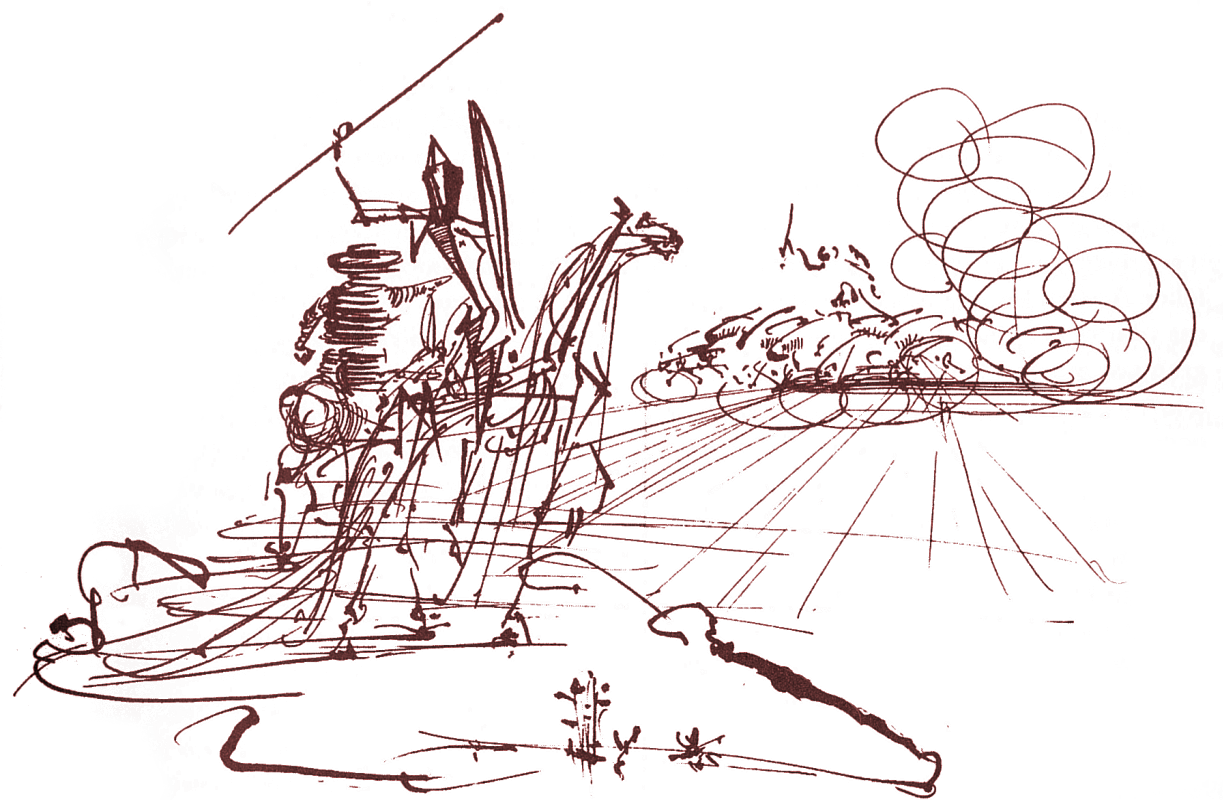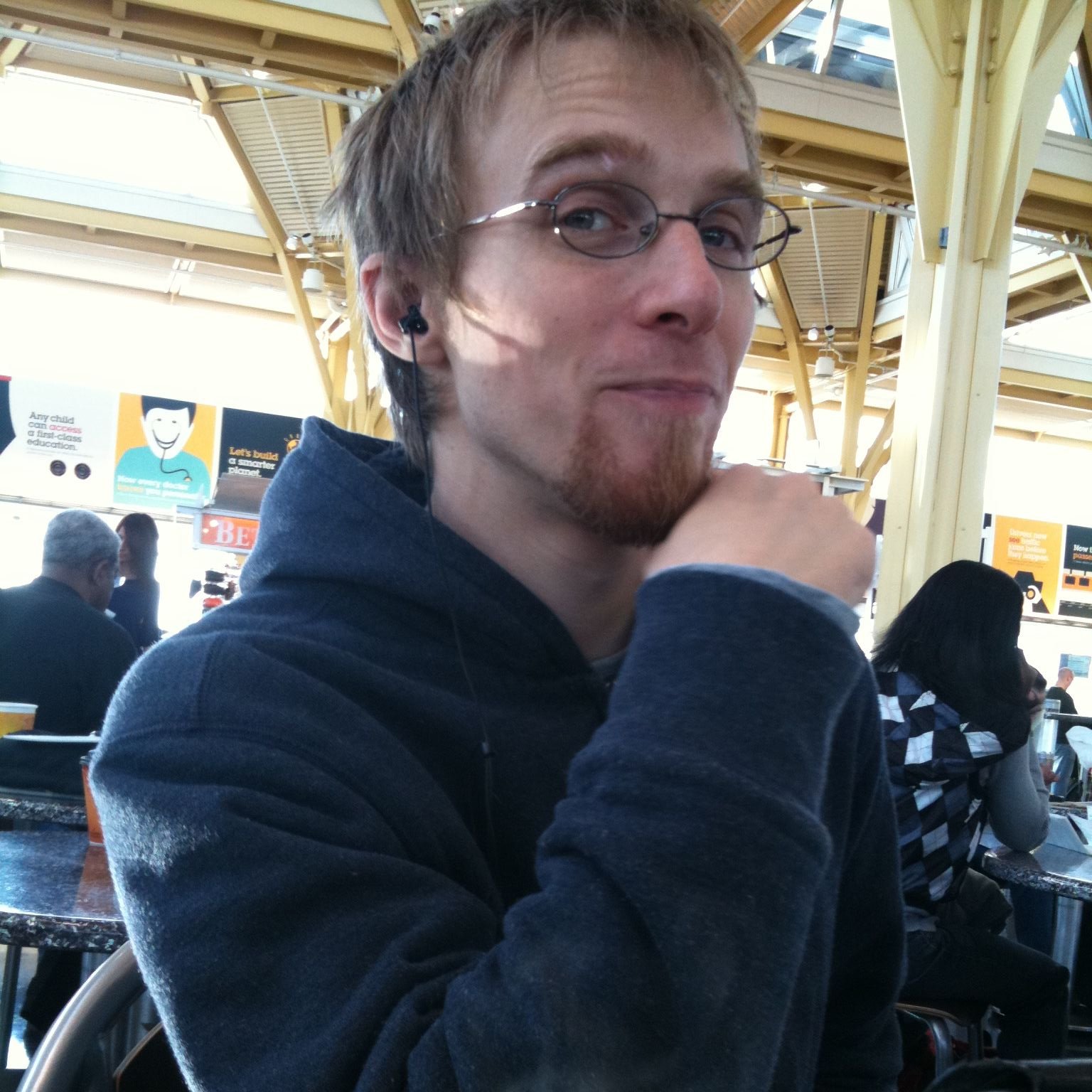I am fascinated by the intersection of humankind and machines. I often watch the rain as it strikes the puddles, and am entranced by the question of whether or not their pattern is chaotic or ordered. Likewise, I ask whether or not we have free will, are we perfect chaos or perfect order? That is, an imperfect order would be chaos. And, perhaps more to the point, I ask what we become when we make the perfect order that is the machine a part of our minds. What does it mean mean when millions of machines are the external memory banks for humankind, the custodians of the accumulated wealth of our knowledge. How does this change us? And what can we do to shape this transition positively?
The leap in our makeup can best be compared to the last quantum leaps in knowledge storage that humanity made, the printed word. Preliterate peoples naturally memorize long, like epic poems, or entire religious texts. On the other hand literate people, who have recourse to the printed word, show far less aptitude for memorization. Data is a static object to which we now refer, rather than a dynamic stream that can be encompassed only through recitation. Our minds process data differently, and are structured around the fact that written knowledge is always available. I believe that the explosion of information that is the internet changes the structure of our mental environment in the same way the literacy changed it. This is the dynamic shift that marks our times.
We can understand what the internet might do to us by examining the symbolic network of representation that is money. For some, money is the demarcation of value. Things which are not monetized are often not valued, like love or friendship. This can create a cultural myopia as all things are viewed through the lens of commodification. What myopias will the internet create as it brings social interactions into its symbolic network?
Or take, as another example, the system of patent law, which has been used to gather up the intellectual possessions of pre-patent cultures and own them. For such a symbolic system, a thing does not exist if it does not exist in its own system of representation. In this way, symbolic systems can be a devouring force that can quickly supplant and reorder things that have existed for generations. As the internet becomes the dominant system, things not on the web, like ungoogleable restaurants, don't exist. And as they become internet-ified, they are changed. They become their representation. Who will profit and who will lose as real life things move to the internet?
I came to EchoDitto so that I can help mission-driven, progressive clients move within the sphere of the internet in ways that will help them shape our world for the better. As we create little outposts, we are shaping the repository of meaning which, for better or worse, is becoming as important as the real world.
But I also want to be a part of shaping the larger internet itself. This is why I am a passionate advocate for open source technologies. As we increasingly encode our knowledge within the medium of the internet, its substrate becomes even more important. We must be staunch advocates for open architectures and data formats, so that our internet will remain ours, and not bound by the limitations that the makers of a particular technology have imposed upon it.
We live in an exciting time, and I look forward to being here at EchoDitto, on the cutting edge of the conversation that shapes it.

